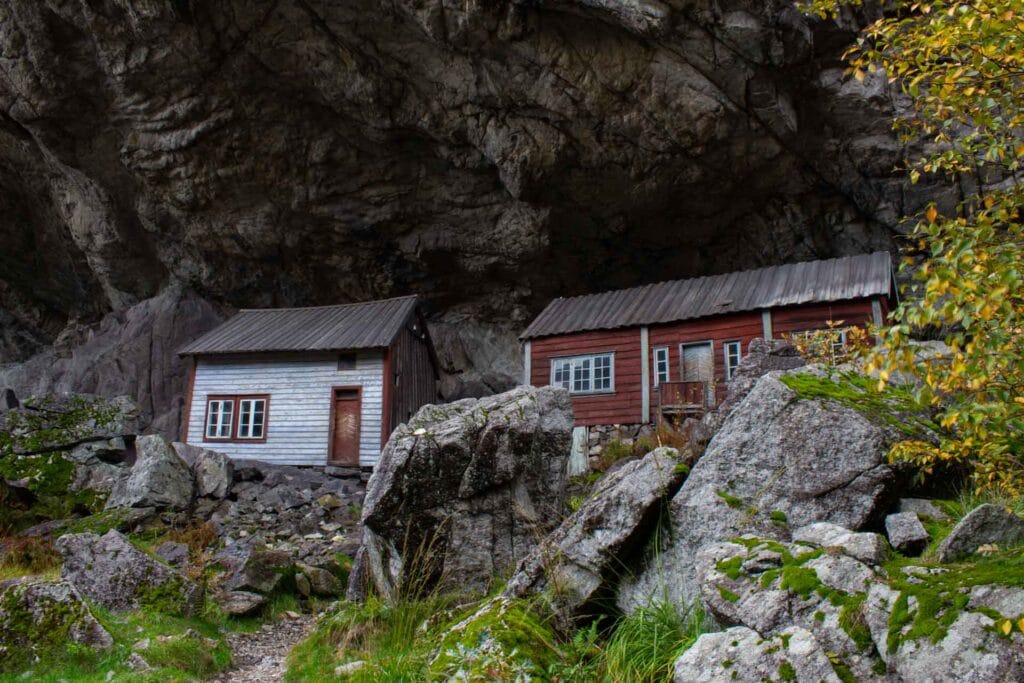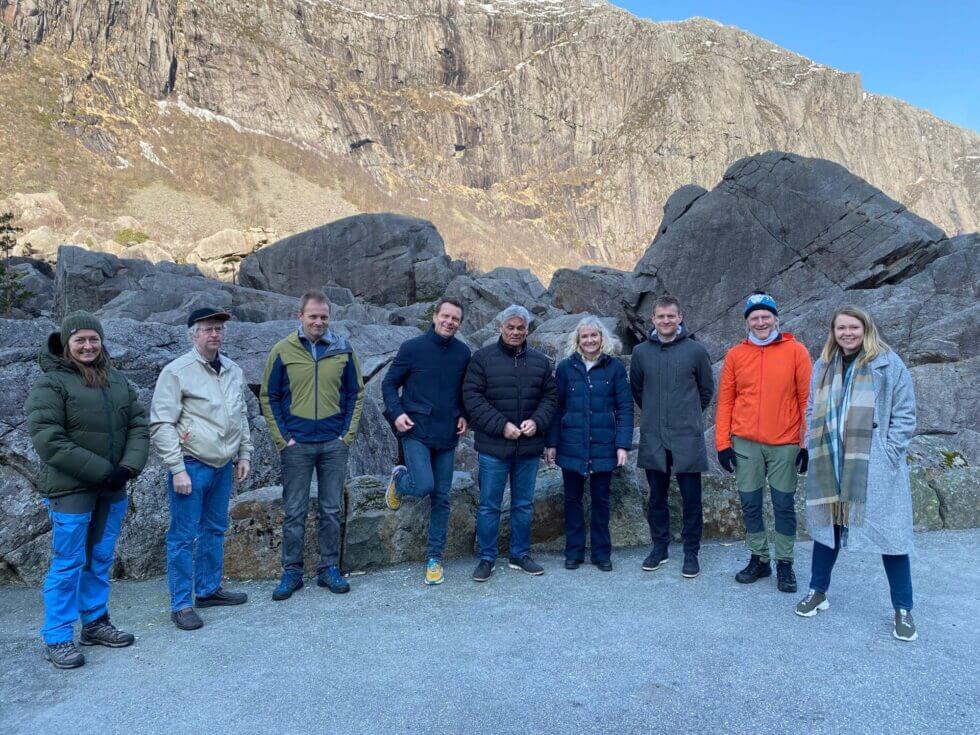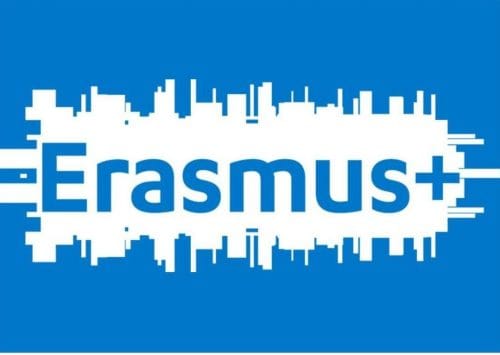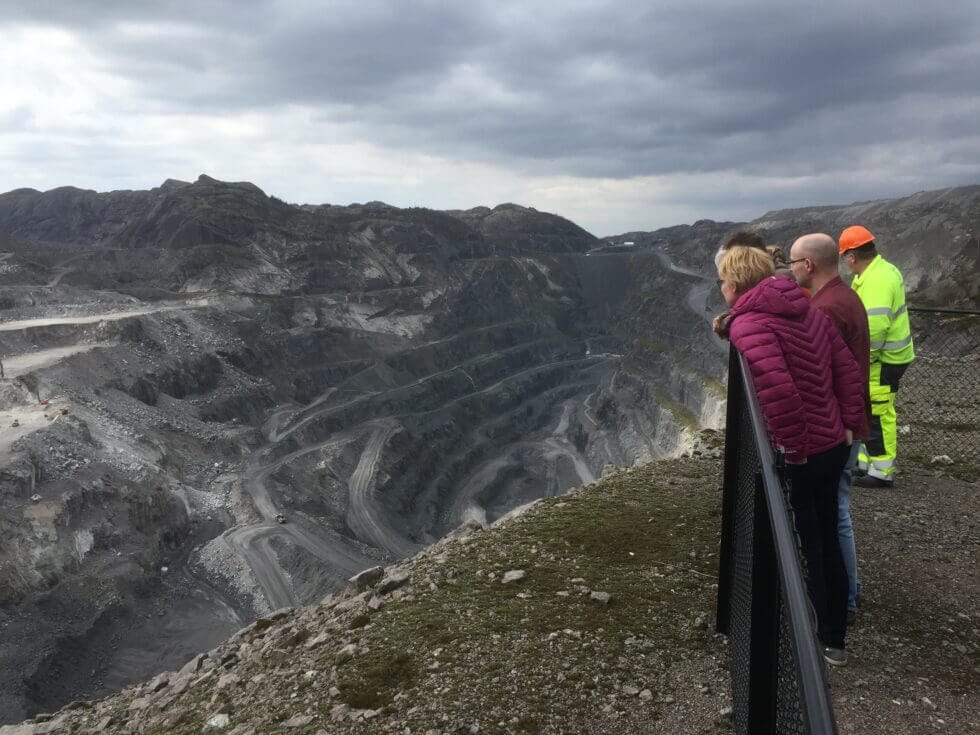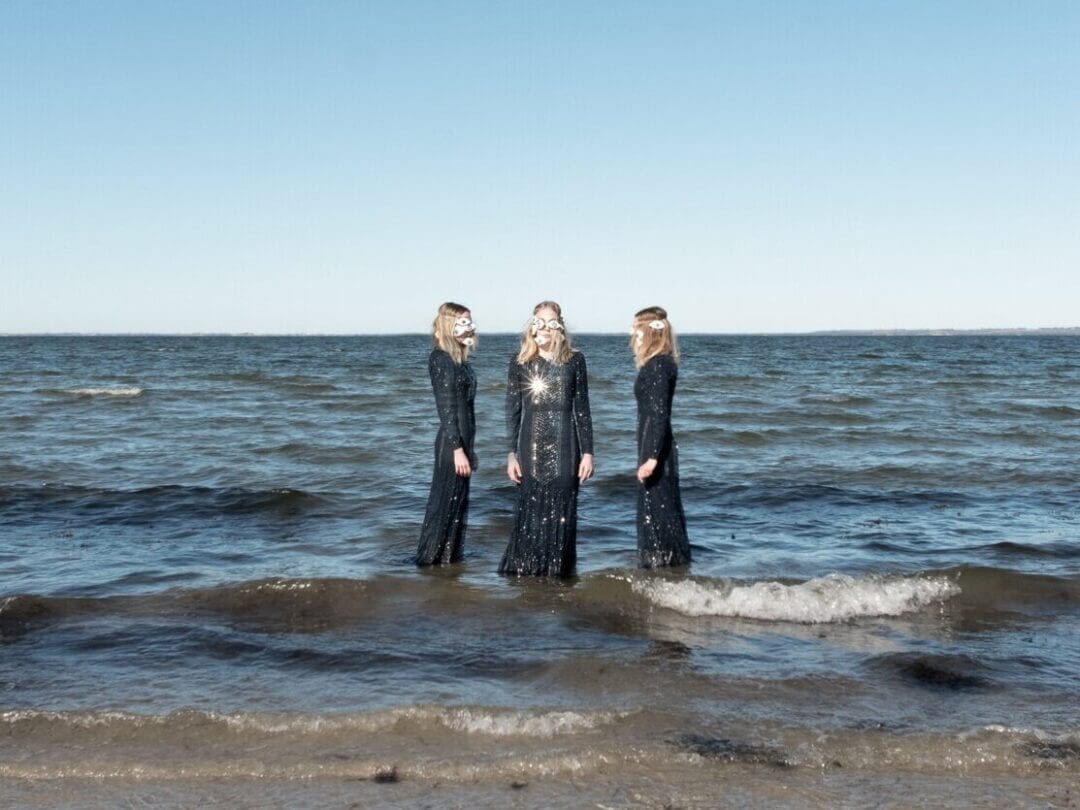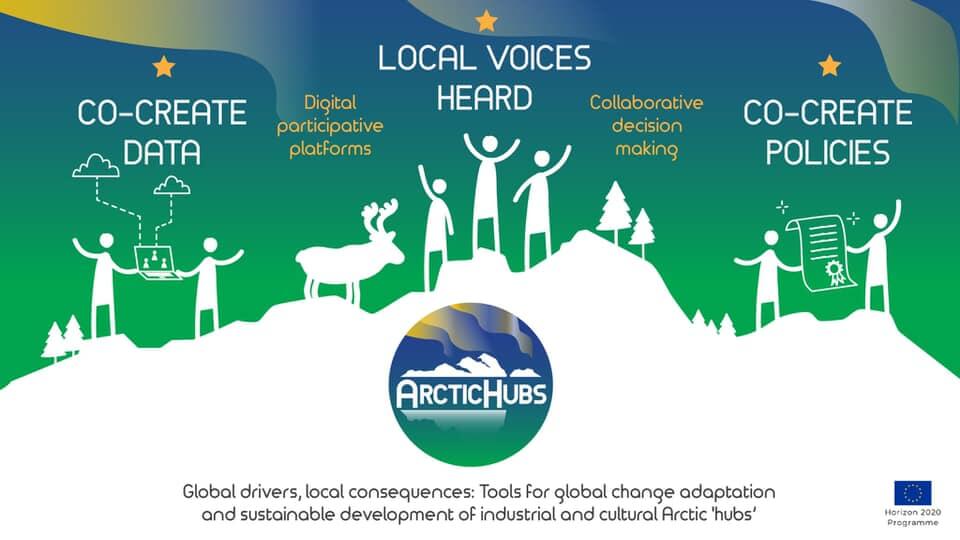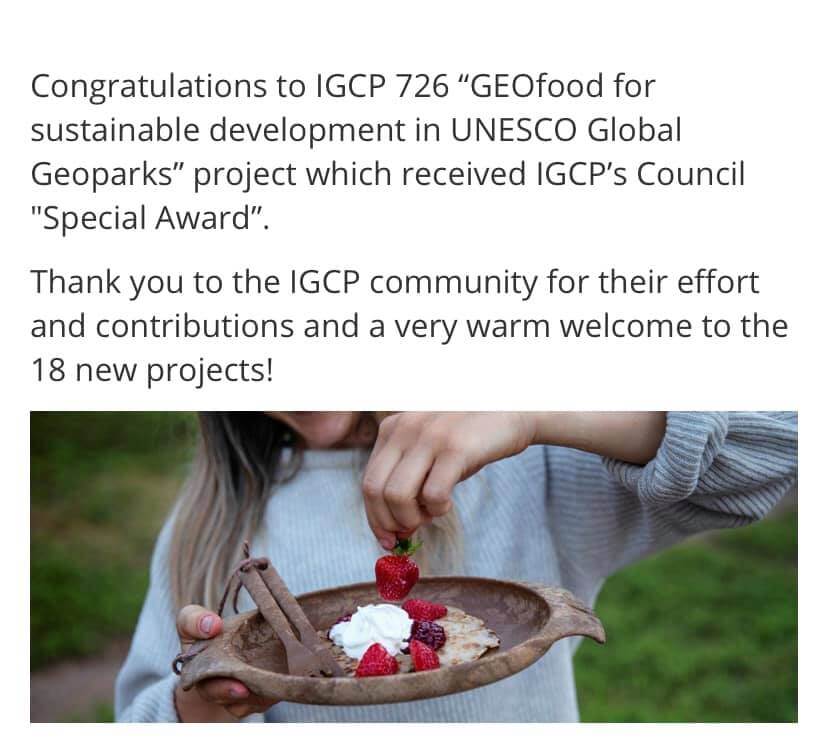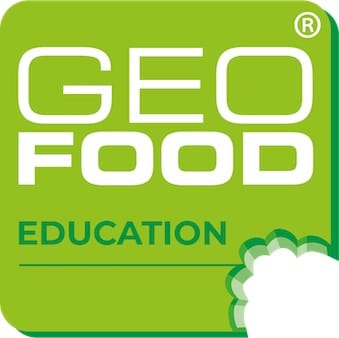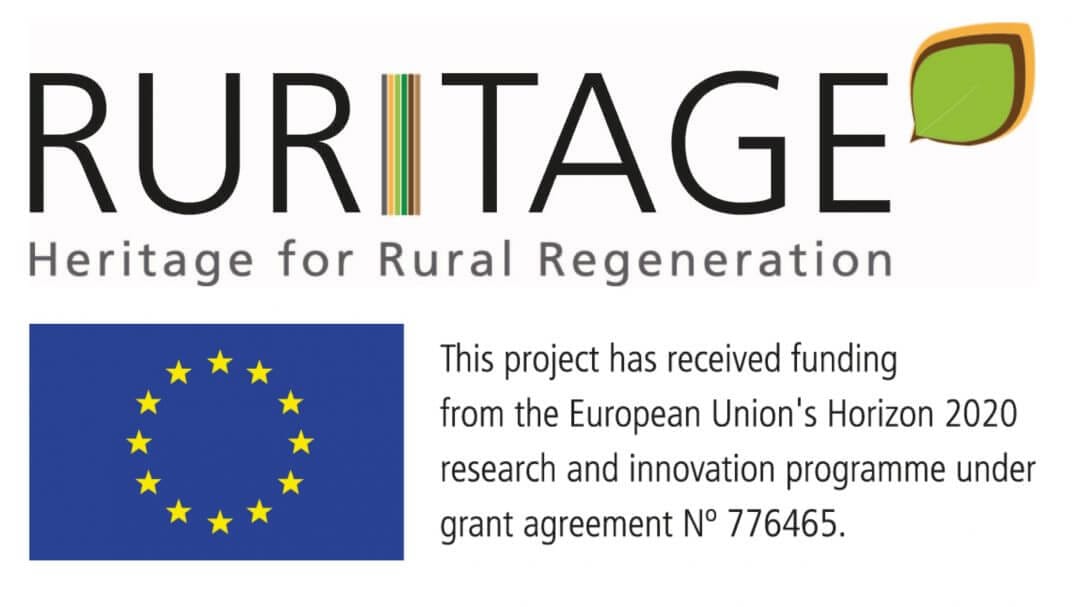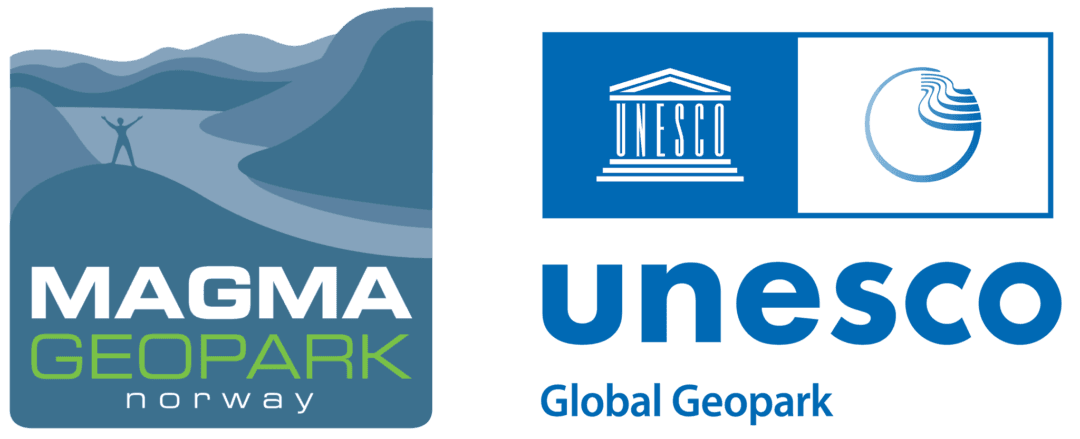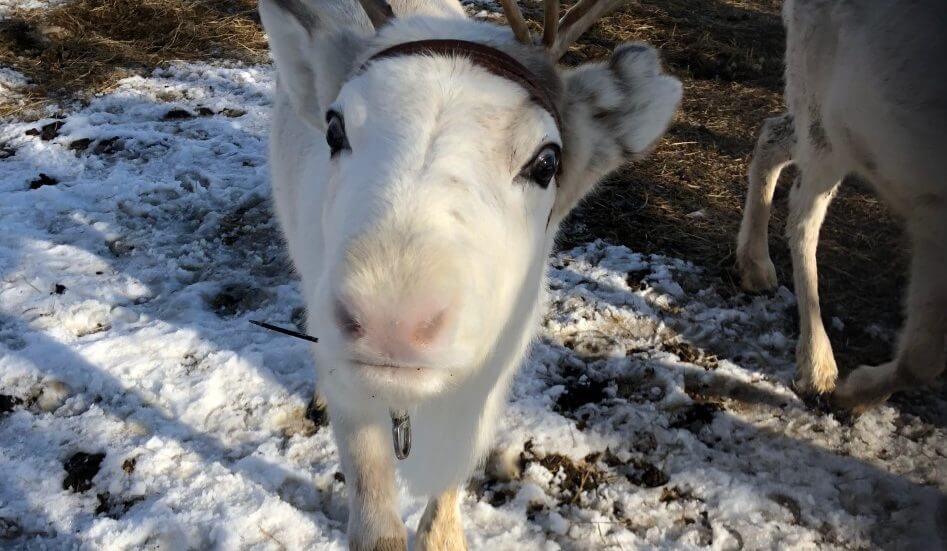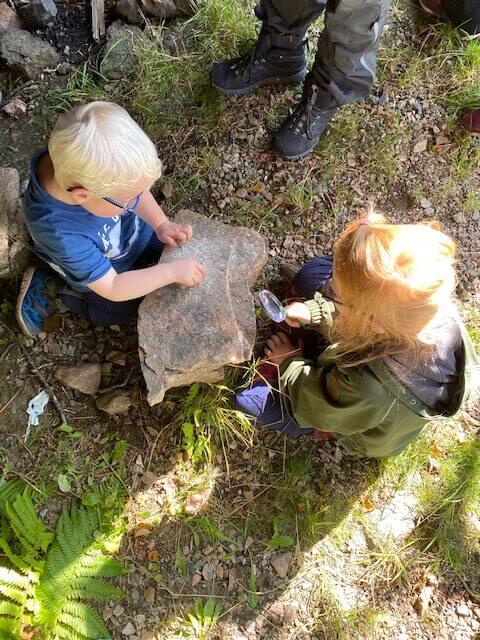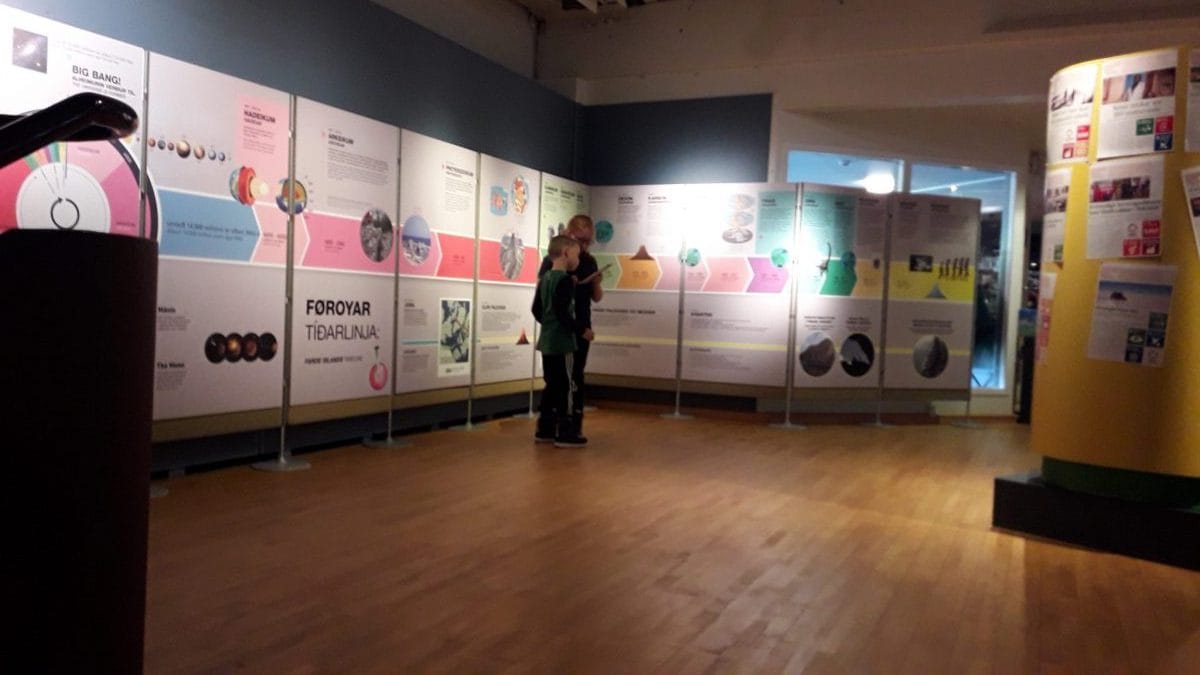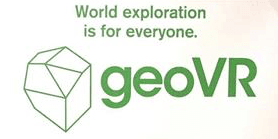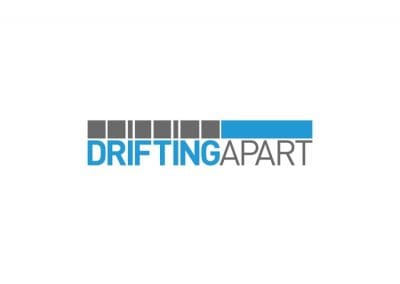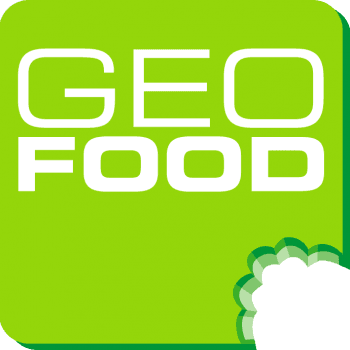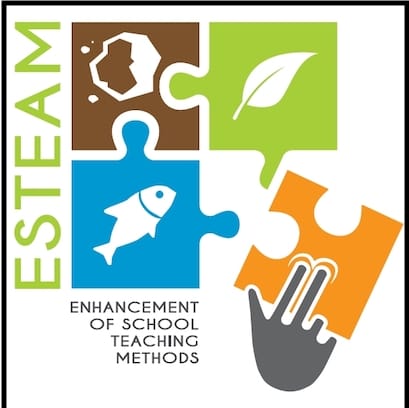The Arctic is threatened by increasing competition to secure the region's natural resources. The project ArticHub will work towards developing sustainable solutions to balance the complex pressures faced by the Arctic regions, with a particular focus on safeguarding the needs and cultural heritage of the affected communities.
Target The aim of the project is to support sustainable economic development in these northern regions. This will be achieved by applying various interdisciplinary approaches, including by systematically mapping, identifying and analysing what is driving this development globally. The aim is also to gain an overview of the environmental, social and economic ripple effects of this development. This is done by analysing 33 key factors, including fish farming, forestry, tourism and mining, to see what level of sustainability is involved.
The result of the ArcticHub project will be a solution-oriented tool. This will improve the ability to get an overview of how local people need to be involved in such development, the role of the public sector, future possible scenarios in Arctic societies, industrial interests, various decision-makers, etc. This will enable the establishment and implementation of regional development strategies that reconcile new economic opportunities with traditional livelihoods. The aim is also for these vulnerable areas to experience increased resilience for both new and existing industries, both environmentally, economically and in the event of political changes in the area.
At an overarching level, the aim of the project is that these impacts will contribute to the implementation of the new integrated EU Arctic policy, IPPC assessments and other major regional and global initiatives. It also aims to contribute to increased support for the EU's Arctic research cluster and strengthen engagement and interaction between local/indigenous, national and global actors. In the Arctic Hub, Magma Geopark will be involved in the mining industry, fish farming and sustainable tourism, while Rogaland County Council will be involved in the mining industry's project expertise.
